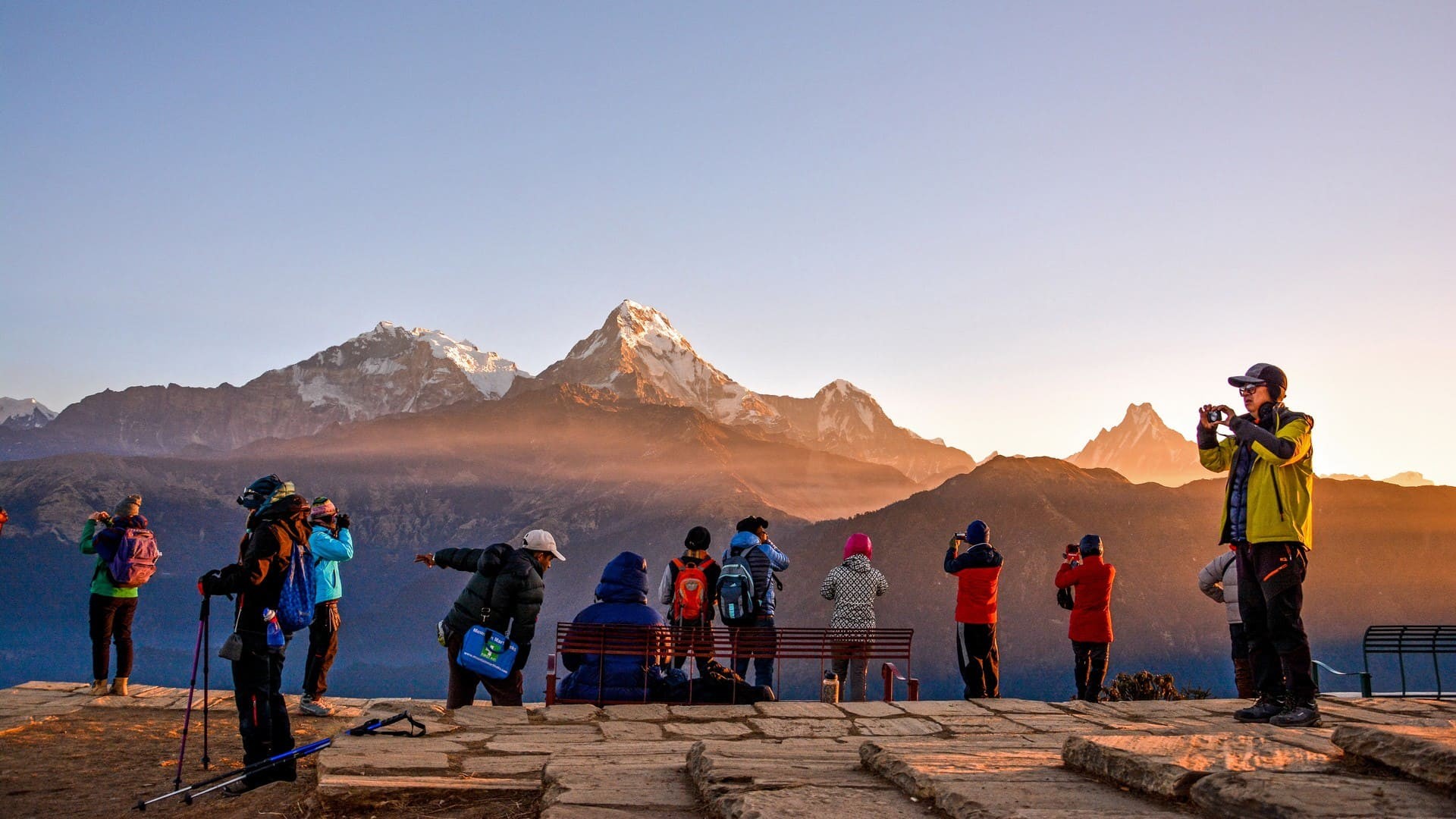When it comes to travel, the world is brimming with destinations vying for attention. Yet, some places possess an undeniable magnetism that sets them apart from the rest. But what exactly makes a particular destination unique or worth visiting? The answer lies in a combination of factors that create an irresistible allure, making travelers eager to explore, experience, and immerse themselves in a new locale.
At the heart of every remarkable destination is its distinct identity. This identity is often shaped by a blend of natural beauty, cultural richness, historical significance, and unique experiences. For instance, destinations that boast breathtaking landscapes—such as the rugged fjords of Norway or the majestic peaks of the Himalayas—captivate visitors with their sheer natural splendor. The interplay of geography and climate creates environments that are not only visually stunning but also offer unique opportunities for outdoor activities, such as hiking, skiing, or wildlife spotting.
Cultural heritage is another cornerstone of a destination’s uniqueness. Places like Kyoto in Japan or Varanasi in India are steeped in traditions that have been meticulously preserved over centuries. From traditional festivals and ancient rituals to local arts and crafts, these cultural elements provide a window into the soul of a destination. The authenticity of cultural experiences, whether it’s a traditional tea ceremony in Japan or a vibrant dance performance in India, allows travelers to connect deeply with the local way of life.
Historical significance also plays a pivotal role in defining a destination’s appeal. Cities like Rome and Cairo are living museums, where every street and monument tells a story of bygone eras. Historical landmarks and archaeological sites offer a tangible link to the past, allowing visitors to walk in the footsteps of historical figures and witness the remnants of ancient civilizations. This sense of time travel enriches the travel experience, making it both educational and awe-inspiring.
Moreover, the uniqueness of a destination is often enhanced by its local cuisine. Culinary traditions can be a major draw for travelers, offering a taste of the region’s flavors and culinary creativity. For example, the street food culture in Bangkok or the wine regions of Tuscany presents an opportunity to indulge in local specialties that are deeply rooted in the region’s traditions. Food not only provides sustenance but also serves as a medium for cultural exchange, where flavors and cooking techniques tell stories of local history and lifestyle.
In addition to natural, cultural, historical, and culinary aspects, the sense of community and hospitality can significantly impact a destination’s charm. Warm and welcoming locals can turn a good trip into a great one. The friendliness and openness of a community often make visitors feel like they are part of something special, creating memorable interactions and fostering a deeper appreciation of the destination.
Innovation and modern amenities also contribute to a destination’s uniqueness. Cities like Dubai and Singapore exemplify how cutting-edge architecture, luxury accommodations, and advanced infrastructure can create a futuristic experience that contrasts with traditional travel. These destinations attract travelers seeking a blend of comfort, style, and novelty, offering a dynamic contrast to more historical or nature-focused locations.
Sustainability is becoming increasingly important in defining a destination’s worth. Eco-friendly practices and responsible tourism are essential for preserving the natural and cultural assets that make a place special. Destinations that prioritize sustainable development and environmental conservation not only appeal to the eco-conscious traveler but also ensure that their unique qualities are maintained for future generations.
Personal stories and word-of-mouth recommendations often play a crucial role in highlighting a destination’s uniqueness. Traveler testimonials, shared experiences, and social media posts can provide authentic insights into what makes a place special. These personal accounts often highlight hidden gems and off-the-beaten-path experiences that may not be featured in traditional travel guides but offer exceptional value to those who seek them out.
The uniqueness and appeal of a destination are multifaceted, encompassing natural beauty, cultural richness, historical significance, culinary delights, community warmth, modern innovations, sustainability, and personal experiences. Each of these elements contributes to a destination’s distinct character, making it worth visiting and ensuring that travelers leave with a profound sense of connection and fulfillment. As travelers continue to explore the globe, understanding these factors can help in discovering new and captivating places that offer unforgettable experiences.






